Are you a business owner or marketer trying to expand your reach and improve your internet presence?
Advertising is critical to the success of any business in today’s digital age.
You will be surprised to know that the global digital ad spending market, valued at US$ 565.16 billion in 2021, is projected to exceed US$ 1.25 trillion by 2030.
It’s all because of the pandemic!
As it has accelerated the shift to digital advertising as people spent more time online.
So, are you all set to ride the wave of this captivating growth?
For this, you may require the support of Google Ads and Facebook Ads.
They are two major platforms that spring to mind when considering digital advertising.
These platforms provide robust tools and reach millions of individuals across the world.
But which is more beneficial for your unique marketing objectives: FB ads or Google ads?
Let’s look at Google Ads vs Facebook Ads and see what they have in common, what they don’t, and what benefits they have.
Facebook Ads vs Google Ads: A Breakdown
When it comes to digital advertising, both Google Ads and Facebook Ads have their unique strengths and features.
To have a more clear knowledge of Facebook vs Google ads, let’s begin with:
What are Facebook Ads?
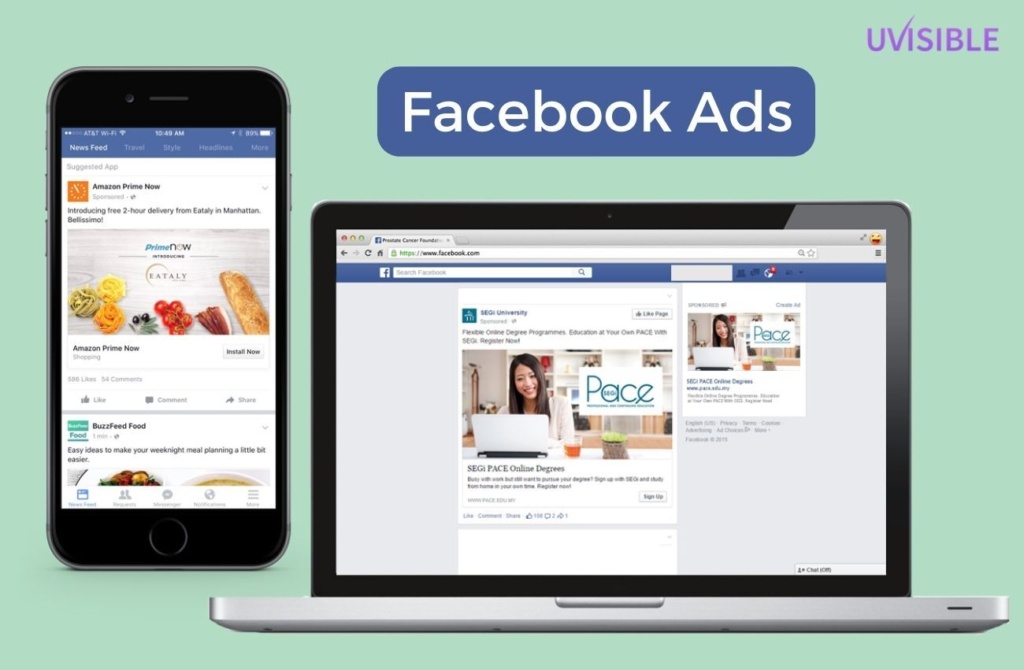
Let’s take a look at the ever-changing world of Facebook Ads, where sponsored advertising takes centre stage on the Facebook platform.
Unlike Google Ads, which show on a variety of websites, Facebook Ads appear only on Facebook and its related platforms.
These advertisements may be carefully placed in a variety of areas, allowing businesses to attract the attention of their target audience in a variety of ways.
Consider this scenario: your appealing video ad appears in consumers’ video feeds, luring them with aesthetically compelling information.
Alternatively, your eye-catching ad might display directly within the Facebook Marketplace, where customers are actively browsing and searching for items and services.
Not to mention, your company may leave a lasting impression as your ad fits effortlessly into consumers’ Instagram newsfeeds, enticing them with great pictures and interesting content.
Not to mention the ever-present Facebook Newsfeed, where your perfectly written ad might reach a large audience, raising awareness and interest.
But wait, there’s more!
Facebook Ads also occupy a significant space in Facebook’s right-hand column, ensuring visibility and exposure to people as they browse their newsfeeds.
Furthermore, they can appear personalised in users’ Messenger inboxes, sending targeted communications directly to potential consumers.
When it comes to the dispute between Google Ads vs Facebook Ads, Facebook Ads excels in targeting customers at the top of the marketing funnel.
They are particularly useful for increasing brand recognition, launching new items, and reaching a large audience.
So, what are you waiting for hire Uvisible as your dedicated Facebook Ad Company NOW!
Indeed, new figures show that Facebook Ads have a massive impact:
- According to the most recent data from Facebook, the network has over 2.98 Billion monthly active users as of April 2023, giving a large and engaged audience for companies to interact with.
- According to a marketing report, more than 90% of marketers use Facebook Ads in their advertising campaigns, demonstrating the widespread acknowledgement of Facebook’s advertising potential.
- Another report on average time spent on Facebook states that users spend an average of 35 – 40 minutes each day on the network, providing a big chance for companies to catch their attention and create a lasting impression.
Let’s draw an example of a captivating Facebook Ad:
Consider an appealing video ad that shows your product in action and is backed by a captivating call to action that invites viewers to learn more.
You can use Facebook Ads to express your business’s narrative, elicit emotion, and inspire curiosity, all while creating meaningful interaction and developing brand affinity.
So saddle up and be ready to capitalise on Facebook Ads’ massive potential.
They are the ideal vehicle for raising your brand’s awareness and attracting the attention of your target audience because of their wide reach, interesting ad placements, and unmistakable influence.
On the other hand, now let’s check out its other competitor,
What are Google Ads?
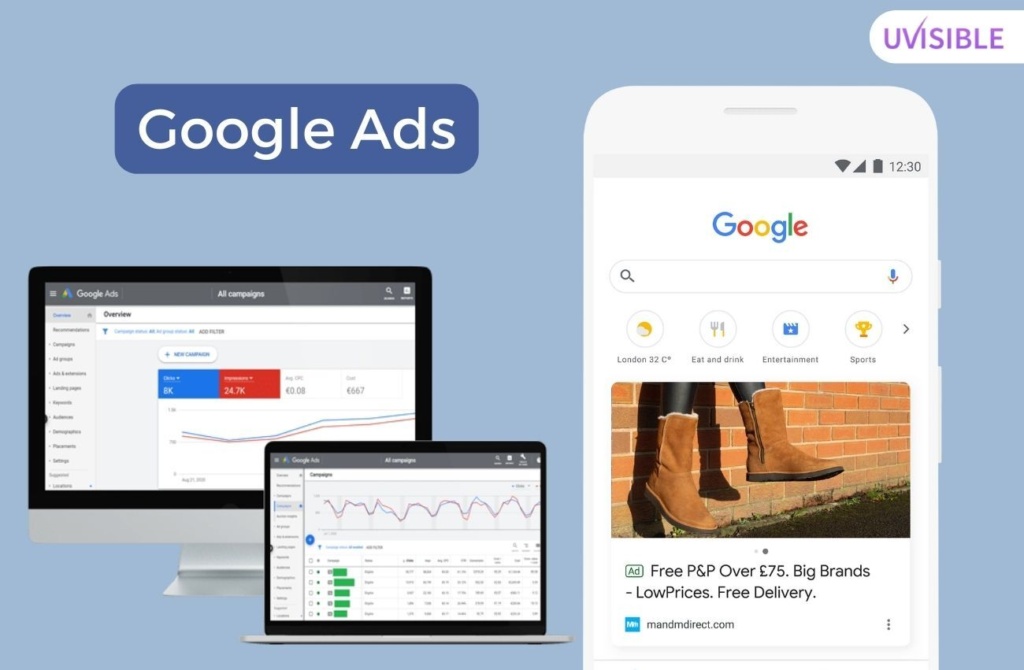
Looking to know more about, “What are Google Ads?”
Welcome to Google Ads, formerly Google AdWords, the ultimate Pay-Per-Click (PPC) advertising platform.
According to the latest reports, Google, the unrivaled behemoth of search engines, processes an astounding 5 billion searches each day.
That’s a massive amount of potential traffic simply waiting to be tapped!
Google Ads takes center stage when it comes to accessing this massive search audience.
But how precisely can you market your business on this platform?
Let’s look at some of the most prevalent approaches:
- Display Network
Display Network Campaigns allow your adverts to appear on the screens of applications and websites that include relevant keywords and content.
These advertisements come in a variety of styles, ranging from eye-catching graphics to fascinating movies.
Consider your brand’s message vividly displayed, attracting the attention of potential buyers in the digital world.
- Search Network
If you are a performance-driven digital marketing agency, your advertising will shine in the search network for keyword-based queries like “PPC Audit Services“
These advertisements display prominently at the top of Google search results, putting your brand in front of eager searchers.
Consider your ad taking up premium real estate, precisely positioned to draw clicks and important visitors to your website.
- Video
Video commercials have enormous power in the age of streaming.
Google Ads allows you to display your advertisements on famous platforms such as YouTube as well as the large Google Display Network.
You may establish a compelling connection and make a lasting impression on potential clients if you can capture viewers with interesting films.
- Google Shopping
Google Shopping is a game changer for eCommerce business.
These specialised adverts highlight your items for relevant and high-intent searches.
When someone searches for a certain product, such as “football shoes”, your goods may show with critical information such as reviews, pricing, and even extras such as free delivery.
It’s like having your virtual storefront, tempting consumers to browse and buy.
- Google Ads Retargeting
Sometimes a small shove is all that is required to seal the deal.
You may reach out to potential consumers who have expressed interest but have not yet purchased using Google’s powerful remarketing capabilities.
You may re-engage them and guide them to conversion by carefully remarketing to them.
But hold on, there’s more!
Google Ads extends beyond search and display, excelling in brand recognition and providing excellent customer service.
Platforms like YouTube Ads and the Google Display Network are important for building brand awareness and interacting with your audience on a deeper level.
With such a wide range of features, Google Ads has emerged as a formidable competitor to Facebook Ads, providing an appealing alternative for branding and reaching out to prospective consumers.
So, whether you want to grab search traffic, create an impression with video, promote your eCommerce PPC strategy, or re-engage with potential consumers, Google Ads offers the tools and reach to help.
Prepare to leverage the power of Google Ads to propel your business to new heights in the digital advertising market.
Benefits: Facebook Ads vs Google Ads
Facebook Ads: Precise Targeting and Engagement
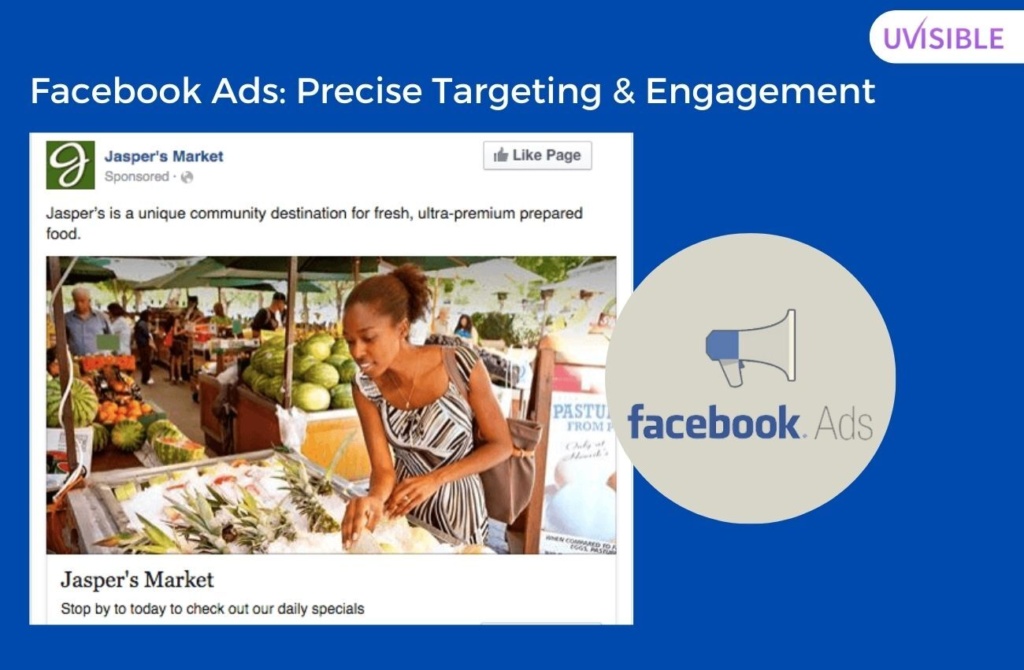
When it comes to digital advertising, Facebook Ads have several advantages that may help your marketing efforts reach new heights.
Let’s take a look at why Facebook Ads is such a force to be reckoned with:
- Granular Targeting Capabilities
You may use Facebook Ads to reach out to the platform’s massive audience and make use of its sophisticated targeting choices.
Users can be targeted based on their actions, life events, demographics, and hobbies. This degree of specificity enables you to target the proper audience with your adverts, boosting your chances of attracting their attention and converting them.
- Duplicate Audience Creation
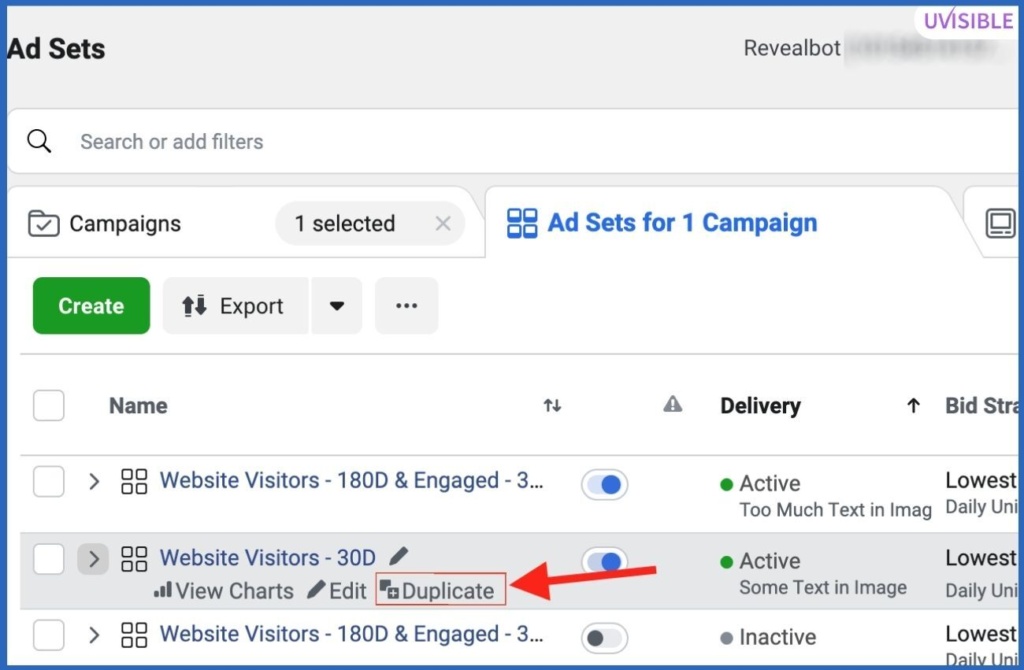
Did you know? Advertisers who used duplicate audiences in their campaigns achieved an average of 30-34% lower cost per conversion compared to non-duplicate audience campaigns.
Facebook allows you to build a duplicate or replica audience that acts as your ideal user persona before running a campaign.
By identifying your target audience’s qualities and attributes, Facebook adverts will show your adverts to those that closely match your description.
This strong tool guarantees that your advertisements reach the most appropriate audience possible, increasing the efficacy of your campaigns.
- Improved Click-Through-Rates (CTR)
Facebook Ads allow you to reach a bigger number of individuals, raising the possibility of a higher Click-Through Rate (CTR).
Facebook advertisements, with their large user base and tailored reach, allow you to connect with individuals who are more likely to engage with your advertisements and do the necessary actions.
According to a survey, the average CTR for Facebook Ads across all industries is less than 1%.
However, high-performing ads can achieve much higher CTRs, sometimes even exceeding 2-3%.
This means you may direct more people to your website or landing page, increasing the effectiveness of your advertising efforts.
Are you facing difficulty in understanding vital PPC Terms like CTR? Click on the highlighted text to know more!
- Targeted Demographics, Interests, and Behaviors
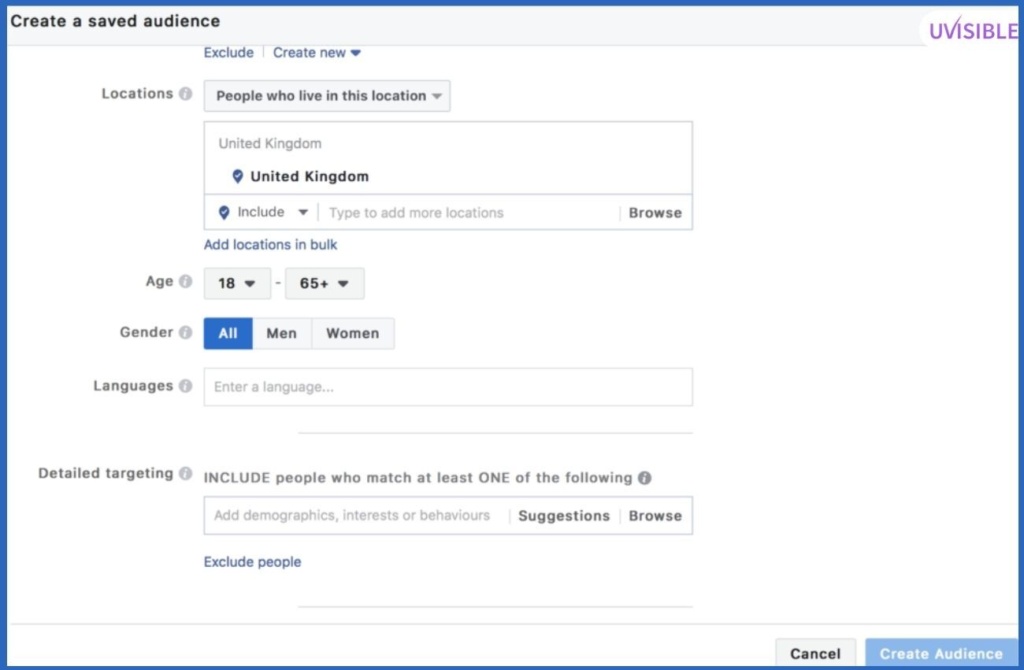
Facebook has a massive pool of prospective consumers, and its sophisticated targeting features guarantee that your advertising is seen by the correct individuals.
Even, a recent survey revealed that more than 65% of marketers reported improved audience targeting using Facebook Ads, resulting in more effective ad campaigns and higher conversion rates.
You may target your audience based on demographics, hobbies, and behaviours, ensuring that your message reaches individuals most likely to be interested in your products or services.
This laser-focused targeting improves the relevancy and efficacy of your advertisements, resulting in improved results.
- Building Brand Awareness and Meaningful Interactions
Likes, comments, and shares on Facebook are wonderful ways to raise brand recognition and develop meaningful connections with your target audience.
It’s been observed that Facebook posts with images receive 2.3X more engagement than those without images.
Visual content, such as images and videos, can create a stronger connection with your audience and foster meaningful interactions.
Users may interact with your advertising by leaving comments and sharing them with their networks, increasing the reach of your business and fostering a feeling of community.
These interactions help you connect with your target audience, which leads to enhanced brand loyalty and consumer engagement.
Google Ads: The Power of Intent
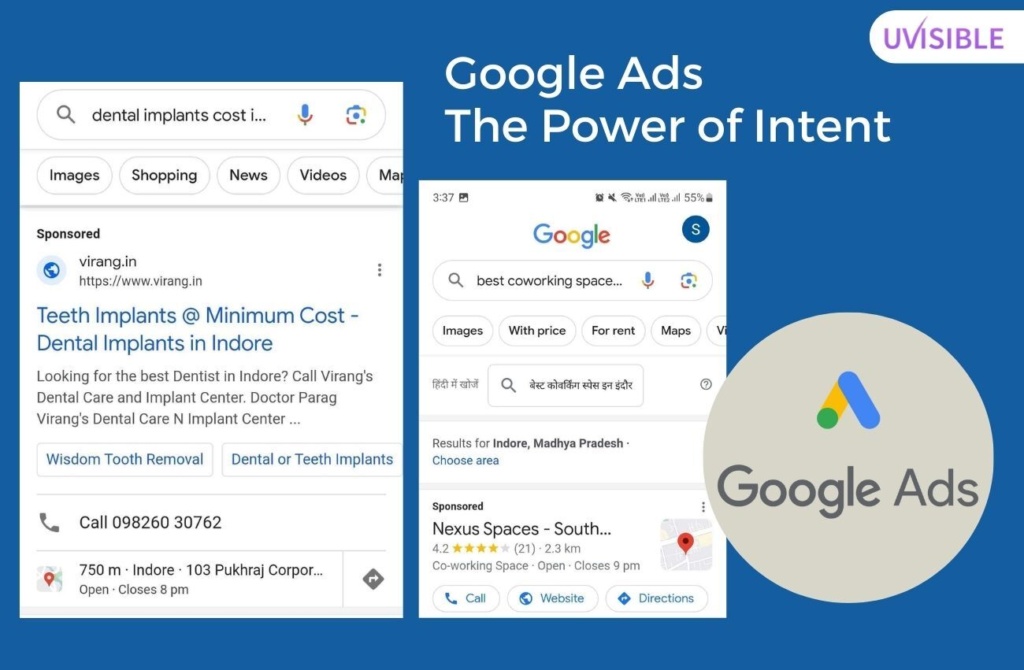
Google Ads has transformed dramatically, revolutionising the digital advertising environment.
This robust platform provides a plethora of advantages that can help your organisation develop. Let’s look at the benefits that make Google Ads a game changer:
- Evolving Ad Formats
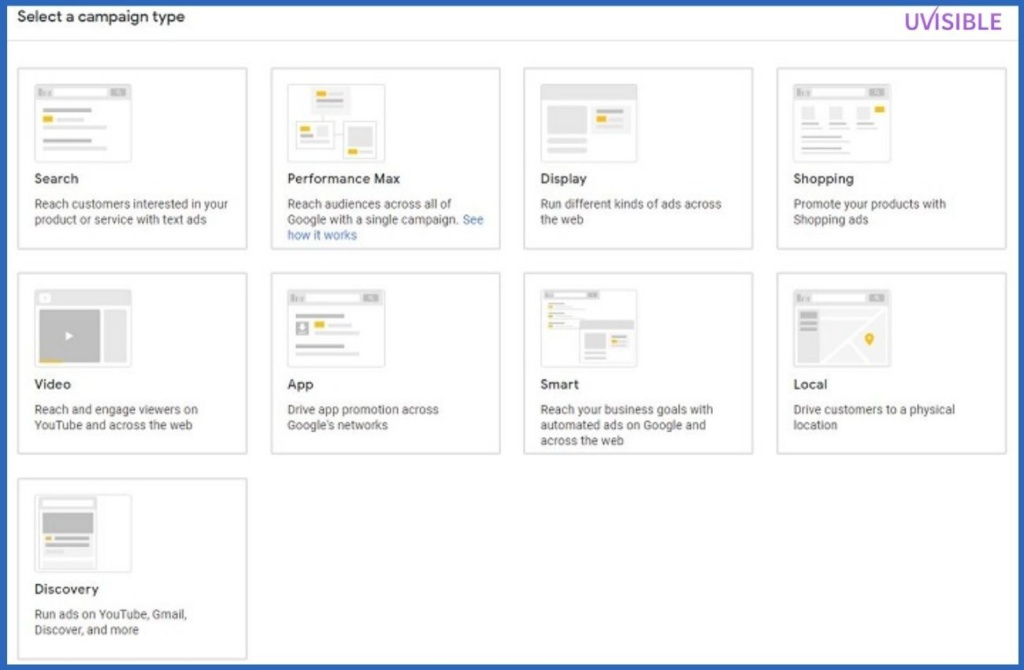
Google Ads has progressed beyond simple text-based advertisements on the search engine.
It currently has a variety of appealing features, including shopping functions, user reviews, full contact information, and mobile optimisation.
These upgrades guarantee that your adverts stand out, attracting potential consumers’ attention and increasing clickthrough rates.
- Effortless Remarketing
With Google Ads, it is now easier than ever to reconnect with people who have previously connected with your company.
Consider a visitor who adds products to their shopping cart but then leaves without completing the transaction.
You may deliberately re-engage these people as they surf Google’s large display network via remarketing.
Your personalised advertising might appear, reminding them of their abandoned cart and tempting them to return and finish their purchase.
- User-Friendly Interface with Advanced Tools
Google Ads offers a simple yet powerful interface that allows marketers to successfully manage their campaigns.
Ads Editor, for example, simplifies campaign administration and bulk editing, making it easier to begin, construct, and optimise your ad campaigns.
Dive into the Search Term Report to learn more about the search queries that trigger your advertisements and adjust your targeting.
Furthermore, Auction Insights allows you to compare your ad performance to that of your competitors, ensuring that you stay ahead of the competition.
- Targeted Advertising
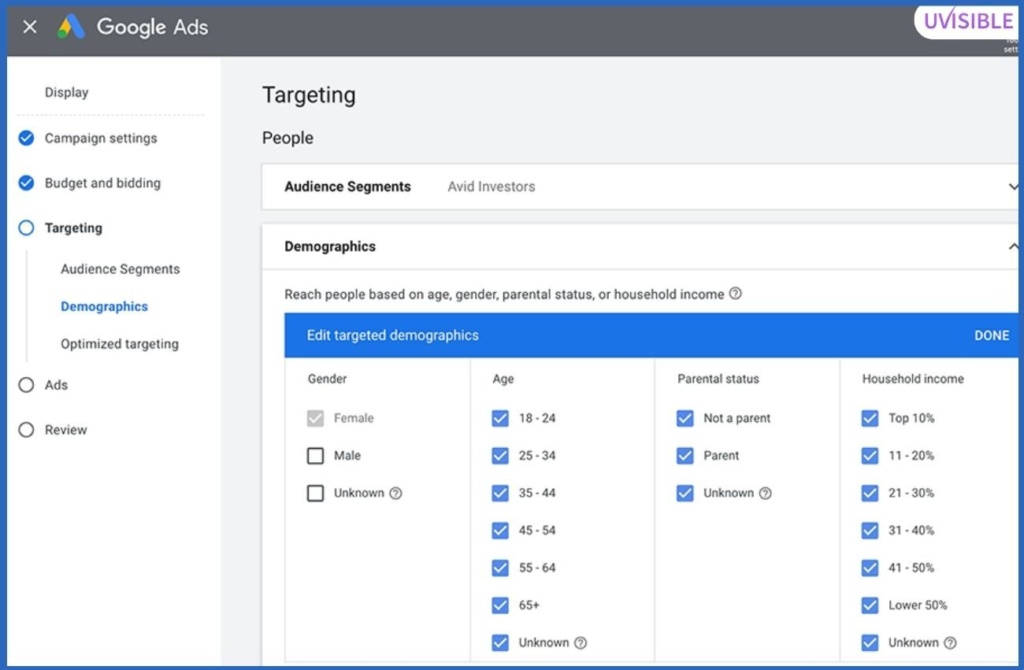
You may contact customers who are actively searching for items or services connected to your business with Google Ads.
When someone puts a search query into Google, they are looking for something particular.
Using Google Ads, you can position your company towards the top of search results, placing you in front of potential clients who are already interested in what you have to offer.
This laser-focused strategy boosts your chances of catching their attention and converting them.
- Higher Conversion Rates
You are more likely to obtain higher conversion rates if you reach users who are actively looking for what you have to offer.
According to reports, companies earn $2 on average for every $1 spent on Google Ads.
That’s a fantastic return on investment!
Google Ads lets you maximise your conversion potential and get the most out of your advertising spend by intelligently targeting people with high intent.
Difference between Google Ads and Facebook Ads
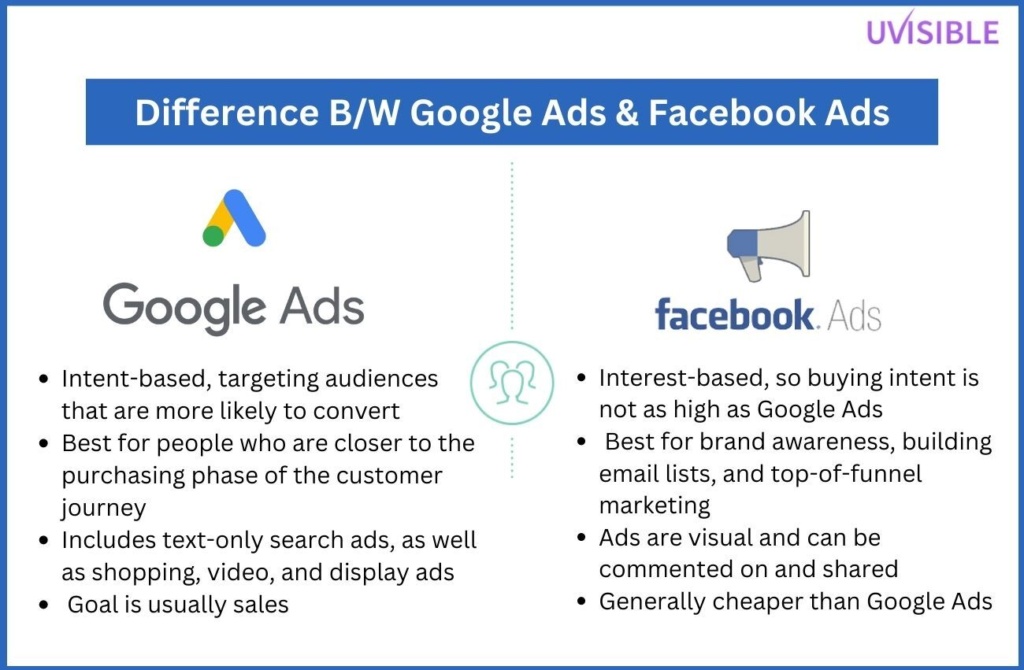
In this section, we have talked about and compared Google Ads vs Facebook on 3 parameters comprising Targeting Methods, Ad Formats, and Cost Structure.
Do give it a look!
Targeting Methods: Precision Matters
Google Ads is mostly based on search intent, with consumers being targeted based on specific terms or phrases they search for.
This intent-driven strategy ensures that your adverts are shown to individuals who are actively looking for similar items or services.
On the other hand, Facebook Ads employ user data and preferences to target particular demographics, interests, and behaviours.
This enables incredibly accurate targeting, but it may not capture people at the precise moment they are browsing for your products.
Ad Formats: Engaging Creativity
Google advertisements provide many ad forms, such as search ads, display ads, video ads, and more.
These formats cater to different stages of the consumer experience and provide design and messaging flexibility.
Facebook advertisements also offer a variety of ad styles, including image ads, video ads, carousel ads, and more.
Furthermore, Facebook provides unique capabilities such as lead generation advertisements and dynamic product ads, which may be effective conversion drivers for businesses.
Cost Structure: Finding the Right Balance
Google Ads vs Facebook Ads have quite different cost structures.
The cost of every advertising campaign is an important issue.
The average Cost Per Click (CPC) across industries on Google Ads is around $2.5, with variances depending on the business.
For example, eCommerce enterprises may spend roughly $1 – $1.15 per click, but the legal industry may pay $7 on average.
In comparison, Facebook Ads are often less expensive.
On Facebook, the average CPC is lower, with one apparel company spending less than $1 per click.
Even in businesses such as insurance and banking, the average CPC is still very low at $3.77.
Consider the Cost Per Action (CPA) while calculating the Return On Investment (ROI).
Across all industries, the average CPA for Facebook Ads is around $18-$19, while Google Ads are around $48-$50 for search and $75-$76 for display campaigns.
Remember that well-targeted advertising and a high conversion rate are critical to getting a good ROI.
Ready to optimize your PPC campaigns and cost structure? Hire us as the best Pay Per Click Agency and take your advertising to the next level!
Audience Size: Reaching the Masses
Google and Facebook both have a large user base, but they cater to various sorts of online activities.
Facebook has an estimated 2.9 billion daily active users, but Google processes more than 6 billion queries each day.
However, merely assessing the size of the audience is insufficient. There are two critical elements to consider:
- Product Orientation
Determine if your offering is mostly social or primarily search-oriented.
If you’re launching a new product, Facebook can assist you in more successfully building an audience.
- Target Audience Activity
Examine where the bulk of your target audience spends most of their time.
Google Ads, with its search-oriented strategy, is your best choice if your audience is actively searching for specific items or services.
Buyer Intent: Timing is Everything
Google Ads has a distinct edge in terms of buyer intent.
With Google Ads, you can put your company in front of potential clients at the exact moment they are looking for answers.
For example, if a person’s refrigerator breaks down, they will instantly begin looking for repair services. Google Search Ads will place your company at the top of their search results.
Facebook Ads, on the other hand, are less likely to result in rapid conversions.
People use Facebook mostly to socialise and unwind, making purchasing less of a priority.
However, Facebook Ads excel at increasing brand recognition and engagement, allowing you to nurture leads and engage with your target audience in meaningful ways.
Campaign Features: Uniqueness and Ease of Use
Google Ads and Facebook Ads both have unique capabilities that appeal to different advertising goals.
Local Service Ads, for example, are useful for location-based businesses and are available through Google Ads.
In contrast, Facebook Ads provides unique tools such as Engagement Ads, Lead Ads, Behavioural Targeting, and the Facebook Pixel for tracking and optimising conversions.
In terms of usability, Facebook Ads is typically seen as more user-friendly, whereas Google Ads provides a data-driven interface.
While Facebook advertising may be easier for novices to operate, understanding Google Ads opens up chances for sophisticated capabilities such as display and retargeting advertising, which provide more reach and sales potential.
Also Read: How to Set up a Successful PPC Campaign!
What is more effective Google Ads or Facebook Ads? Our Perspective!
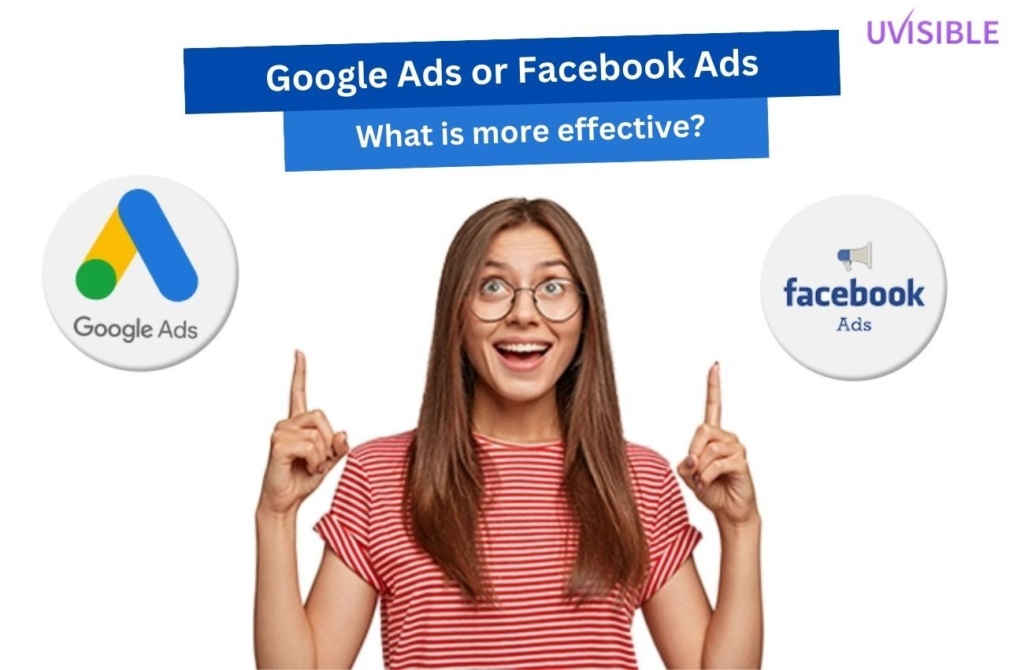
Objective-Focused Advertising
- Google Ads: They are extremely efficient at collecting high-intent customers who are actively looking for items or services. It enables you to target precise keywords and display advertisements alongside relevant search results, making it great for generating rapid conversions and leads.
- Facebook Ads: Facebook Ads are fantastic for increasing brand exposure, and engagement, and reaching a larger audience. It helps businesses to establish personalised campaigns and encourage meaningful relationships with potential consumers thanks to its accurate audience targeting capabilities and aesthetically appealing ad layouts.
Targeting Capabilities
- Google Ads: While Google Ads includes demographic and search intent targeting options, it lacks the extensive targeting tools of Facebook Ads. Its primary focus is on contacting people based on search queries, making it ideal for businesses that offer specialised products or services.
- Facebook Ads: Facebook Ads offer a wide range of targeting options, such as demographics, interests, behaviours, and even lookalike audiences. This allows firms to design highly focused campaigns that address certain segments while also maximising the efficacy of their ad budget.
Reach and User Behavior
- Google Ads: Google Ads finds users who are actively looking for information or solutions, indicating a greater level of purchasing intent. Advertisements are presented within search results or on related websites within the Google Display Network, allowing companies to attract the attention of consumers who are in the process of making a purchase.
- Facebook Ads: With a large user base spanning Facebook, Instagram, Messenger, and the Audience Network, Facebook Ads have a greater reach. While Facebook users are usually sociable, Facebook Ads allow you to create brand exposure, communicate with potential consumers, and influence their purchasing decisions over time.
Ad Formats and Creativity
- Google Ads: Google Ads largely uses text-based advertisements with little room for innovation. While ad extensions might give more information, the emphasis in search results remains on short and appealing content to attract consumers’ attention.
- Facebook Ads: Facebook Ads include a variety of aesthetically appealing ad forms, such as picture advertisements, video ads, carousel ads, and more. This enables businesses to employ eye-catching imagery and narrative to successfully express their brand message and stand out in customers’ feeds.
Cost and ROI
- Google Ads: Google Ads’ cost per click (CPC) varies based on the sector and keywords. While it may be comparatively higher, high user intent can result in greater conversion rates and a significant return on investment.
- Facebook Ads: When compared to Google Ads, Facebook Ads offer a cheaper CPC. It is a low-cost solution for businesses, particularly for brand building, reaching a larger audience, and engaging new consumers. However, owing to the distinct user attitude, conversion rates may be lower than with Google Ads.
Integrated Strategy
- Both Platforms: An effective digital marketing plan frequently includes the use of both Google Ads and Facebook Ads concurrently. Businesses may establish a holistic marketing approach that encompasses both intent-driven searches and broader audience targeting by harnessing the characteristics of each platform, maximising reach and effect.
In conclusion, the efficacy of Google Ads vs Facebook Ads is determined by your individual marketing goals, target audience, and budget.
A well-rounded approach that blends Google Ads’ intent-driven targeting with Facebook Ads’ precise audience targeting and engagement elements can produce ideal results.
Furthermore, businesses should take a balanced approach to advertising success by utilising both Google Ads and Facebook Ads.
It is not so much about the platform as it is about understanding your audience and their behaviour.
If your target audience is engaged on both platforms, you must be present on both.
While goals may differ, being visible on both platforms assures you meet at least one.
Remember that the audience and their behaviour are what genuinely drive good advertising efforts.
Looking for help with your FB Ads or Google Ads?
Contact Uvisible, a goal-oriented Outsourced PPC Agency, and supercharge your advertising campaigns NOW!
About us and this blog
We are a digital marketing company with a focus on helping our customers achieve great results across several key areas.
Request a free quote
We offer professional SEO services that help websites increase their organic search score drastically in order to compete for the highest rankings even when it comes to highly competitive keywords.
Subscribe to our newsletter!
More from our blog
See all postsRecent Posts
- How to Create Effective Location Landing Pages for Local SEO March 12, 2025
- AI is Taking Over SEO – Adapt Now or Disappear from Search! March 7, 2025
- Maximize Your Reach with Google Discovery Ads March 1, 2025



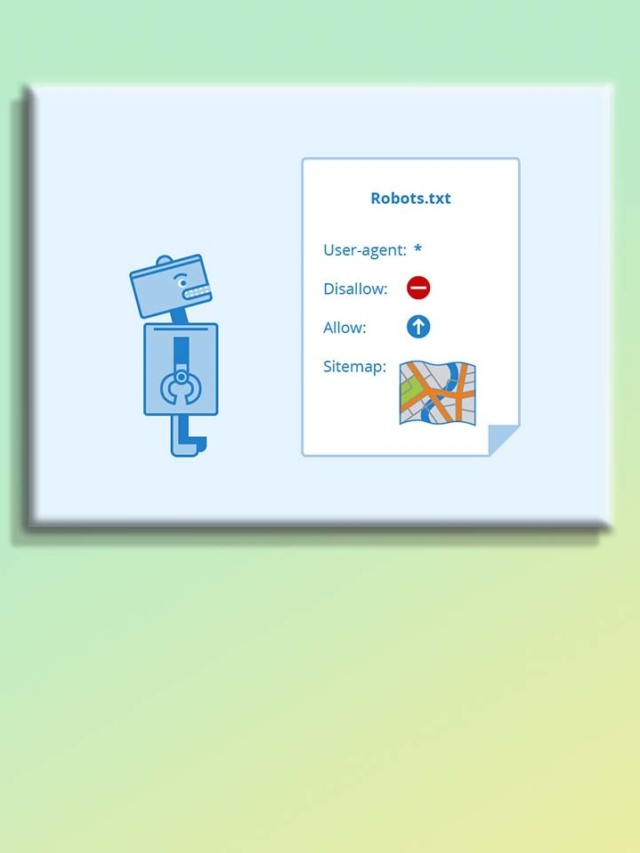


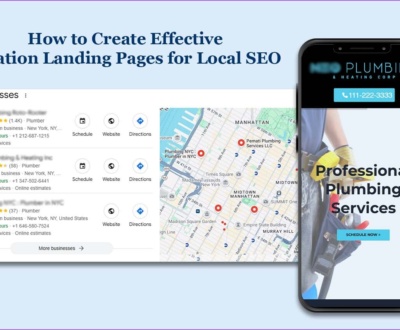
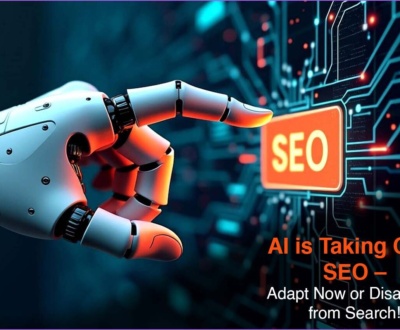
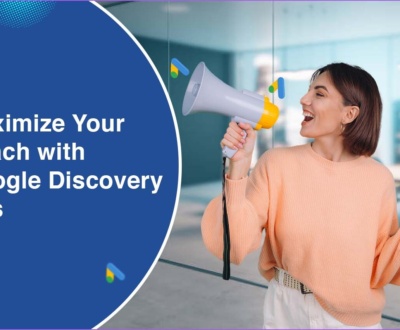
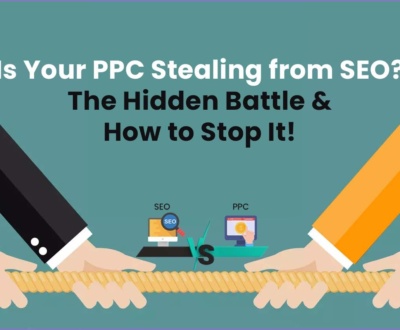


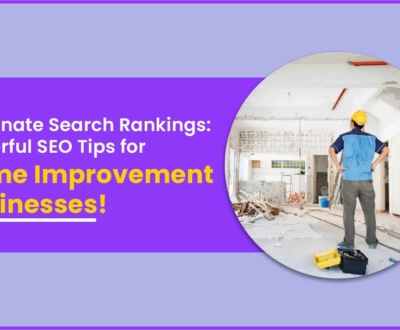
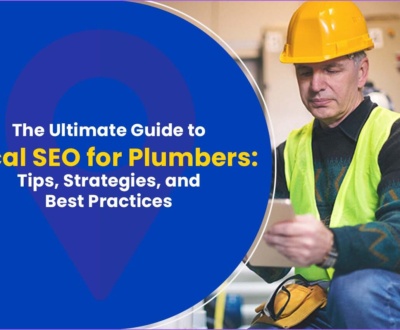
Pingback: How to Outsource Google Ads? - Uvisible
Pingback: Best Professional SEO Software Tools You Must Use in 2023